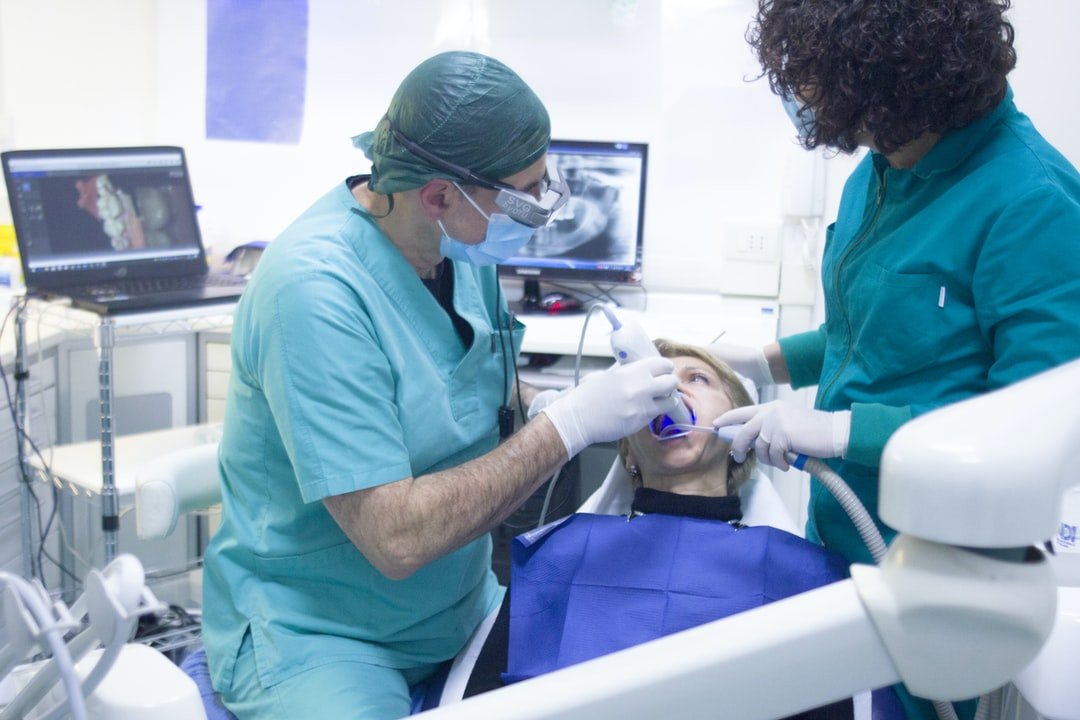Wisdom Teeth Removal - Oral Surgery and Wisdom Tooth Extraction Can Remove the Problem

If you encounter any pain or sensitivity around your wisdom teeth, it would be best to schedule an appointment for office teeth removal as soon as possible.
In some cases the pain will subside after a short period of time but in other instances it will continue to get worse until you schedule an office teeth removal procedure. You might not even know it but there may be a small wisdom tooth emerging in the future. During a wisdom teeth removal, a dentist will usually scrape it out using a scalpel. The reason the dentist will do this is to reduce pain and remove any potential infection of the wisdom tooth that could cause additional pain later on. Wisdom teeth removal can even sometimes count as open dental surgery. Here is an alternative post for more info teeth whitening for kids.
There are different reasons why wisdom teeth removal might be needed. The procedure may also be necessary if your nearby teeth have become infected and if you need to have a root canal. If the infection is not too bad, the dentist may try to treat it with antibiotics before removing the wisdom teeth.
When it comes to wisdom teeth removal, it would be good to have a dentist check for possible recurrences. Once your wisdom teeth have been removed, it's important to follow a regular oral health care routine in order to prevent it from happening again. Floss regularly to keep your gums healthy. Visit the dentist at least once a year. Make sure you check your nearby teeth for any signs of infection or poor health of them.
During your wisdom teeth removal, .
your oral surgeon might recommend that you go through oral surgery to repair damaged and infected gum tissue. Sometimes the surgeon will perform the surgery in your mouth right after your extraction. Oral surgery requires more recovery time than most procedures, but the recovery time is minimal and you will be able to resume all normal activities in a week or so. Sometimes the surgeon will place a temporary crown on your tooth during the recovery process in order to make your smile look as natural as possible.
It's important to discuss all options with your oral surgery or wisdom teeth removal dentist before undergoing any surgical procedure. Consult your dentist on the answers to, can i eat noodles after tooth extraction here now.
They will be able to evaluate your health and determine if it's a good candidate for the procedure. If you're healthy enough to undergo the procedure, then your dentist will usually give you general anesthesia and monitor you for any side effects during the procedure. Sometimes sedation is recommended and other times you may have to take oral medication to calm your body down before your procedure. Sometimes the anesthesia causes an increased heart rate or pain, so you should let your dentist know about any such feelings.
If you have an open or decaying tooth, you may experience some pain during your oral surgery or wisdom teeth removal. If this occurs, your dentist may recommend that you visit the emergency room at the hospital. The dentist may perform a minor surgery on the area, but it's important to make sure you're safe during this time. Small fractures or other openings in your jaw can easily cause permanent facial or body trauma. You should always follow your dentist's advice before operating on your own body. If you probably want to get more enlightened on this topic, then click on this related post:. https://en.wikipedia.org/wiki/Dentistry.
